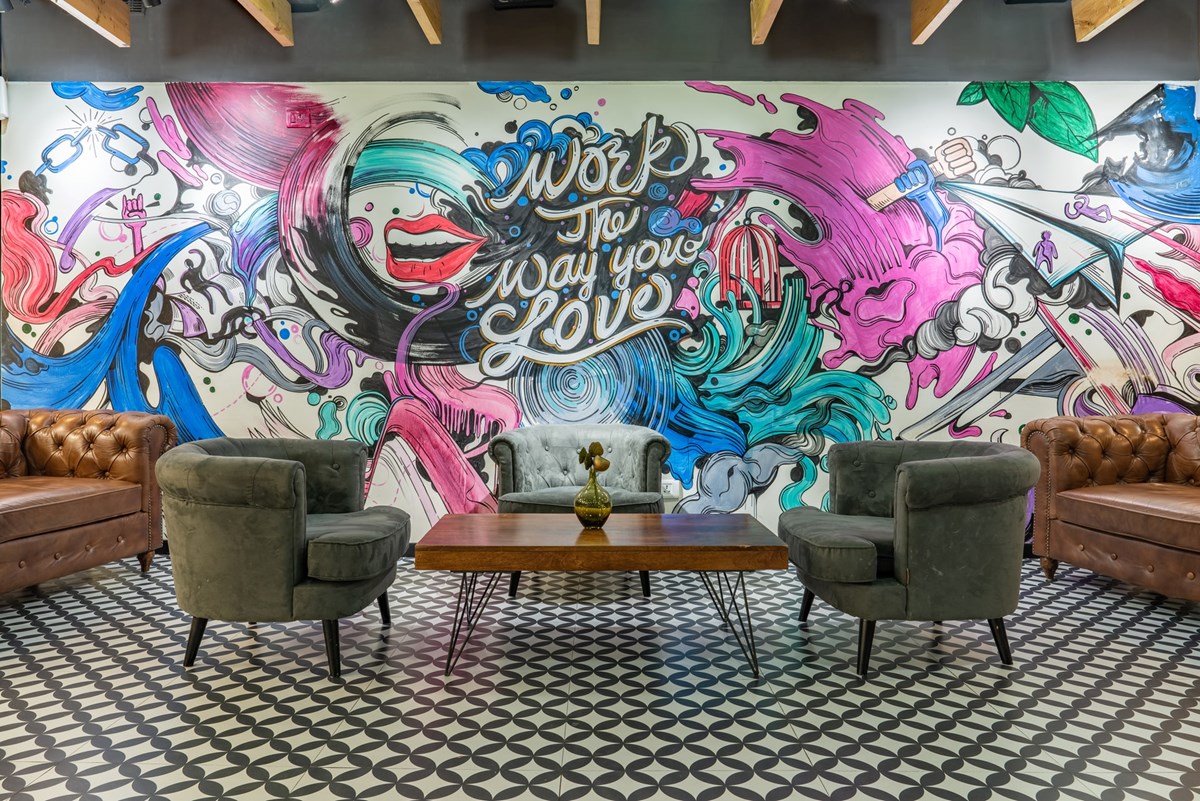Hybrid work
-

- Hybrid work
- Technology
How to Start a Virtual Office in A Coworking Space
Jane Robathan on August 6, 2025 -

- Commercial Real Estate
- Hybrid work
Is Hot Desking Right for Your Business? Pros & Cons of Flexible Workspaces
Hot desking has become one of the go-to solutions for businesses seeking flexibility and cost efficiency. It...
Kate Tattersfield on March 24, 2025 -

- Commercial Real Estate
- Hybrid work
How to Design an Office to Attract and Retain Top Talent
Discover how a well-designed office can attract and retain top talent. Learn key strategies for creating flexible,...
Kate Tattersfield on September 23, 2024 -

- Hybrid work
4 Ways Tech is Revolutionising the Office
Discover how technology is transforming modern office spaces with cloud flexibility, smart design solutions, virtual reality meetings,...
Kate Tattersfield on September 10, 2024 -

- Hybrid work
Hybrid Work: How to Attract Your Employees Back to the Office on a Friday
Discover why hybrid work is here to stay and explore effective strategies to attract employees back to...
Kate Tattersfield on September 2, 2024 -

- Hybrid work
Why You Should Consider a Hybrid Work Strategy
Explore the benefits and strategies of hybrid work in this comprehensive guide. Learn how a flexible work...
Kate Tattersfield on August 14, 2024 -

- Hybrid work
How SMART Goals Can Transform Your Work
Discover how SMART goals can transform your work and boost productivity. Learn the SMART framework and set...
Lucy McInally on August 1, 2024 -

- Hybrid work
10 Ways to Encourage Your Employees to Commute to the Office
Discover 10 innovative ways to encourage your employees to commute to the office. Boost productivity, enhance work-life...
Lucy McInally on July 23, 2024 -

- Hybrid work
Boosting Productivity: 10 Ways to Incentivise Your Team
Boost your team's productivity with these 10 actionable strategies. Embrace flexible working, inclusive values, and professional development...
Lucy McInally on June 20, 2024 -

- Hybrid work
Flexible Workspaces Management: Simplifying Corporate Success
Working from home is indeed not a new concept, at all! AT&T started to eliminate unused offices...
Marc Navarro on October 12, 2023 -

- Hybrid work
State of Remote Work 2021: What does it mean for coworking and flex workspaces?
Owl Labs recently published their 2021 State of Remote Work Report. In this article, we take a...
Sammy Dukes on December 14, 2021 -

- Hybrid work
Future of Work – What’s next for the human experience in coworking and flexible workspaces?
For our final Future of Work article, we take a look at the Human Experience and how...
Kate Tattersfield on June 9, 2021